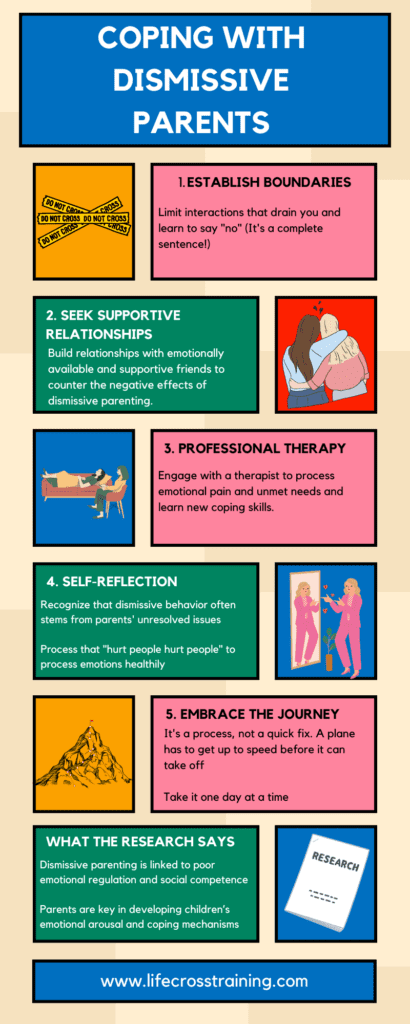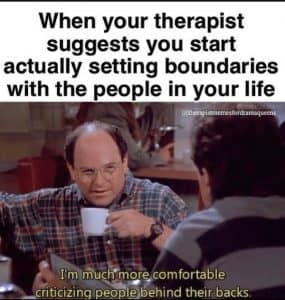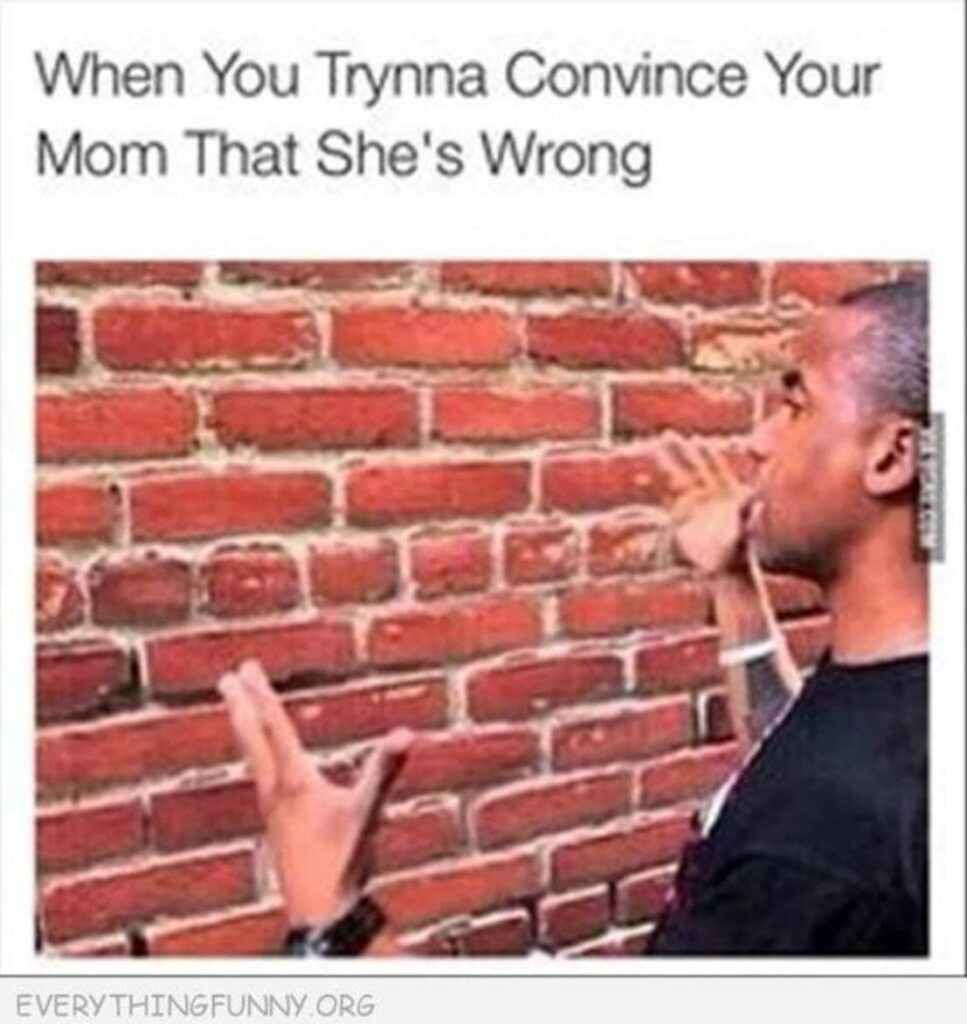How to Cope With Dismissive Parents

Ever felt like your emotions were on mute in your own home? You seem to have no voice in family traditions, events, or everyday situations.
Welcome to the world of dismissive parenting.
In this guide, we’ll cover:
- The real impact of emotionally unavailable parents
- 7 game-changing strategies to cope and heal
- What the experts are saying about emotional neglect
Let’s cut through the family drama and get to the heart of dismissive parenting.
Ready to transform your emotional baggage into strength? Let’s dive in
What’s the Deal with Dismissive Parenting?
Dismissive parenting is like emotional Teflon – nothing sticks, including your feelings.
Here’s what it looks like:
- Emotional unavailability (AKA the “Not now, I’m busy” syndrome)
- Lack of responsiveness (Your achievements? Meh.)
- Constant invalidation (“You’re overreacting!”)
The Consequences of Dismissive Parenting

Growing up with dismissive parents isn’t just annoying – it can leave some serious emotional scars:
- Emotional Rollercoaster: You might struggle to manage your emotions (random outbursts)
- Low Self-Esteem: Constant invalidation = feeling worthless
- Relationship Issues: Forming deep connections? That’s a challenge
6 Strategies to Cope with Dismissive Parents

1. Set Those Boundaries (and Stick to Them!)
Create your emotional forcefield.
Limit interactions that drain you and learn to say “no” (It’s a complete sentence!)
2. Find Your Tribe

Surround yourself with people who actually get you.
Seek out emotionally available friends and join support groups.
3. Therapy is Your New Best Friend

Therapy and professional help can be a game-changer. One therapeutic approach that can help is cognitive behavioral therapy, which focuses on changing negative thought patterns and improving emotional regulation.
A therapist will help you process that emotional baggage and learn new coping skills.
4. Reflect and Process (Without the Blame Game)
The only person you have control over is you.
Recognize that hurt people hurt people and work on separating your parents’ issues from your self-worth.
5. Embrace the Healing Journey

It’s a process, not a quick fix. A plane has to get up to speed before it can take off.
Acknowledge the serious impact of dismissive parenting and take recover one day at a time.
6. Let Go of Expectations
Free yourself from the “if only” trap and accept that your parents might not change.
Check out a related article I’ve written How to Deal With Emotionally Immature Parents through Mindfulness
What the Experts Are Saying

Lindsay C. Gibson, PsyD author of Adult Children of Emotionally Immature Parents says,
“It is confusing to children if their reality of an experience is denied or misunderstood by their parent or another significant adult, because those are the very people with whom they most need to connect.”
and Daniel J. Siegel, MD author of Parenting from the Inside Out says,
“How we treat our children changes who they are and how they will develop. Their brains need our parental involvement. Nature needs nurture.”
Science backs it up: Studies show that dismissive parenting can lead to poor emotional regulation and social skills.
Sources:
- Emotional competence, attachment, and parenting styles in children and parents
- Parenting Matters: Supporting Parents of Children Ages 0-8.
- Emotional competence, attachment, and parenting styles in children and parents
The Bottom Line
Dealing with dismissive parents isn’t easy, but you’ve got this!
- Set those boundaries
- Find your support squad
- Embrace healing as a process, not a quick fix.
What’s your experience with dismissive parenting? Share your story (and coping tips) in the comments below.



